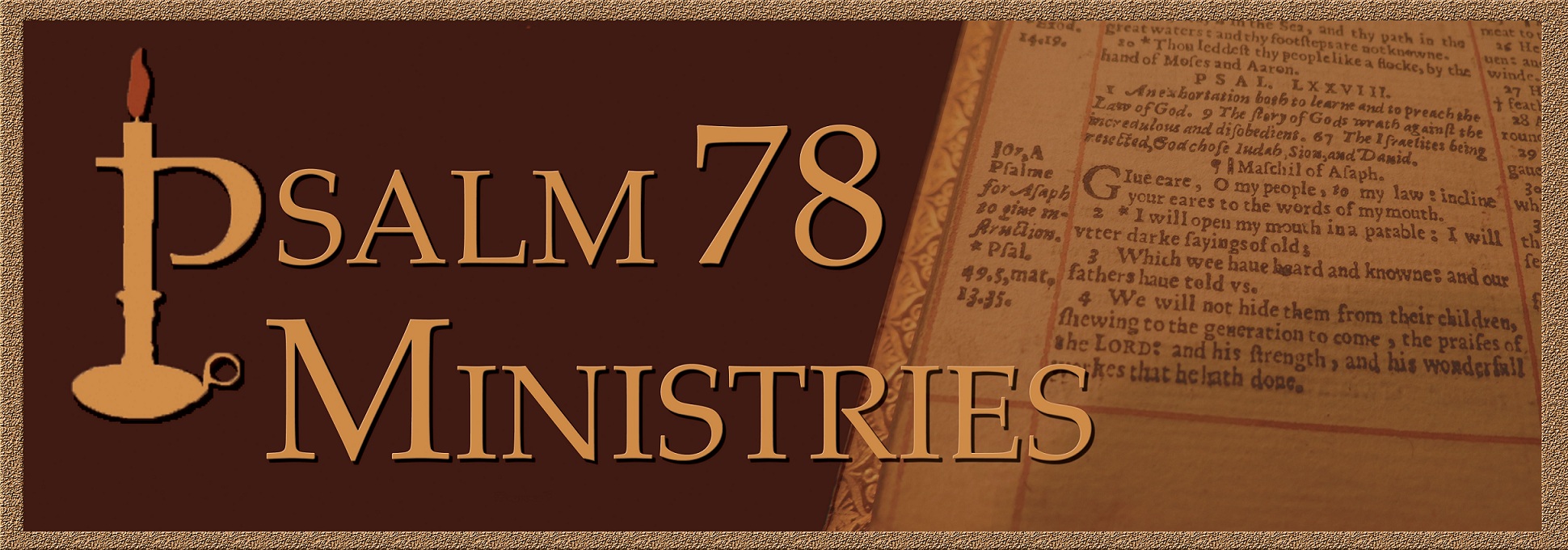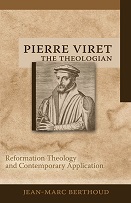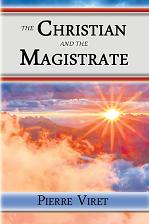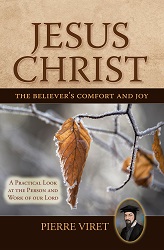|
Peter Ramus: Precursor to Descartes Against the Confessional Reformed Faith The Reformation, Reformed Scholasticism, and the Puritan Legacy by Jean-Marc Berthoud Foreword by Meine Veldman Softcover, 182 pages Available through Amazon.com
The purpose of this book is to draw from the shadows a major figure in the history of the French and European Renaissance, Peter (Petrus) Ramus, who in his own time was the figurehead of a fierce resistance that would later be called the “Moderns”—innovative philosophers in line with the nominalism of the purely empirical “particulars” of William of Ockham—against the academic and cultural influence of the “Ancients,” supporters of Aristotle and the reality of the “universals” ordering both the thought of men as well as God's creation itself. Peter Ramus was, philosophically, the direct antagonist, though hidden and veiled, of John Calvin, who turned to the Bible as the sole standard of the Christian Faith and the framework of a true renaissance or rebirth of culture extending to all areas of human thought and life. Ramus' attack wasn't against the dogmas acquired over the centuries by the Roman Church nor, even less, against the revival of biblical reformed thought, but against the—in his eyes utterly noxious—influence of the Greek Aristotle. Quite indifferent to spiritual questions, Ramus was successively Roman Catholic then Reformed, but he never adhered to a true and living Christian faith. He accidentally became a Protestant martyr by tragically dying in Paris during St. Bartholomew's in 1572. He was first rejected by the Roman orthodoxy which still reigned uncontested at the Sorbonne; then by the Reformed orthodoxy spreading throughout Europe and which considered that a right philosophical viewpoint—the philosophy of common sense so largely set forth by Aristotle—was essential for a correct reading of the Scriptures and a knowledge of nature consistent with the visible stable order given to it by its Creator. But what particularly interests us in this work is the impact of the simplifying, binary, and radically reductionist thought of the reality of this “single method” advocated by Peter Ramus that within the Protestant world opened wide the door leading from an inexorable cultural progress to the encyclopedia of a world perceived as immanent, as well as to this misery of the false Enlightenment of the rationalism of modernity and post-modernity. In the second part of this work is shown that, despite the heroic resistance of the great figures of the Second Reformation—Ursinus, Bullinger, Theodore Beza, Vermigli—Protestantism, particularly that of the Anglo-Saxon world, could scarcely resist the siren song of a simplifying thought of both binary and gnostic trends that stood in such complete symbiosis with the achievements of modern science, a vision of the world without law or faith, as was said recently of Maoist and Soviet communism. This is a work truly vital for our own day! Author Jean-Marc Berthoud was born in 1939 in South Africa and currently resides in Lausanne, Switzerland. He is a Christian apologist, historian, philosopher, theologian, and author of many books and numerous articles. He studied history at Johannesburg, the Sorbonne, and the University of London. Jean-Marc is married to Rose-Marie, and they are the parents of five children and grandparents of eleven grandchildren.
SIMILAR PRODUCTS: |
|
PIERRE VIRET $22.00 |
Pierre Viret $12.95 |
The Christian $12.00 |
Jesus Christ $11.95
|
|




